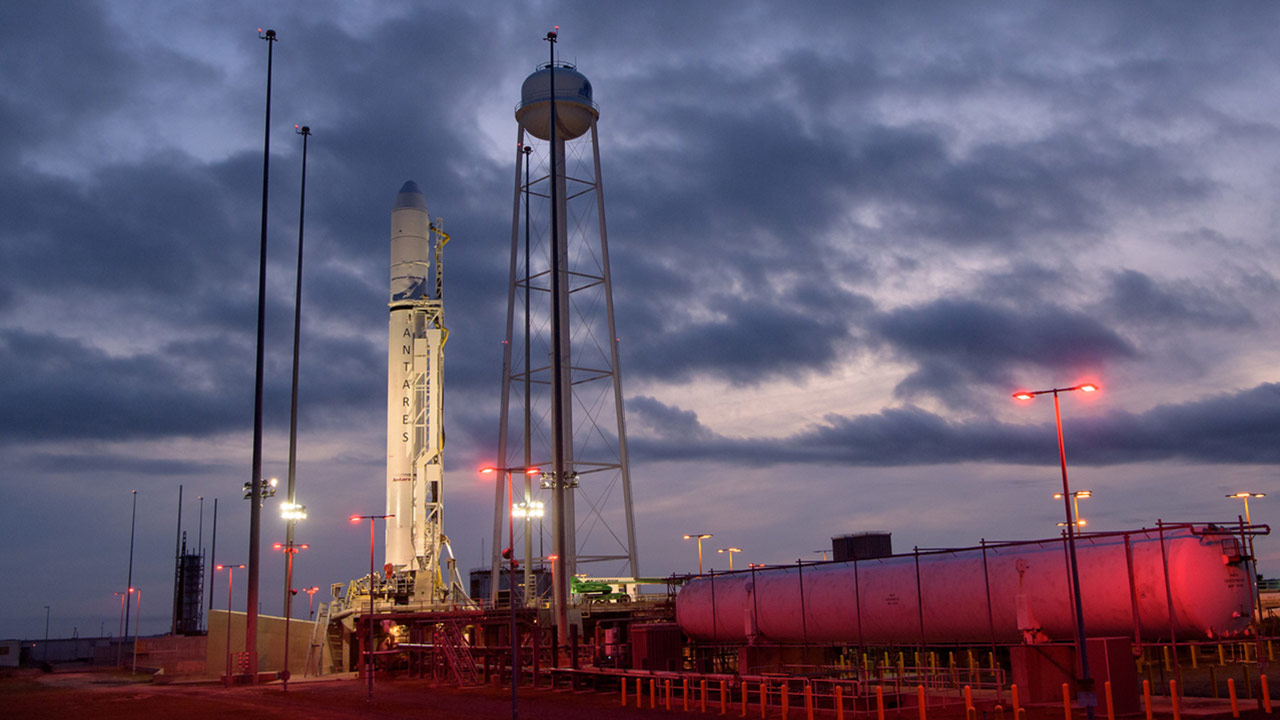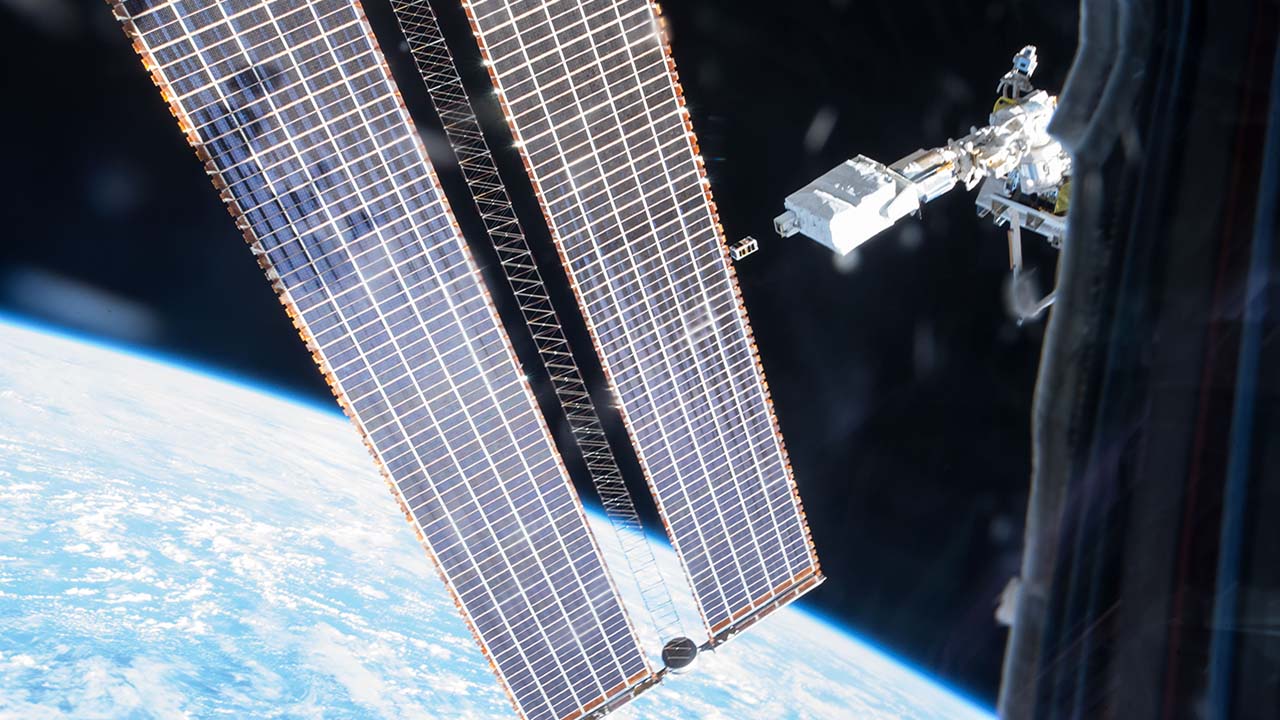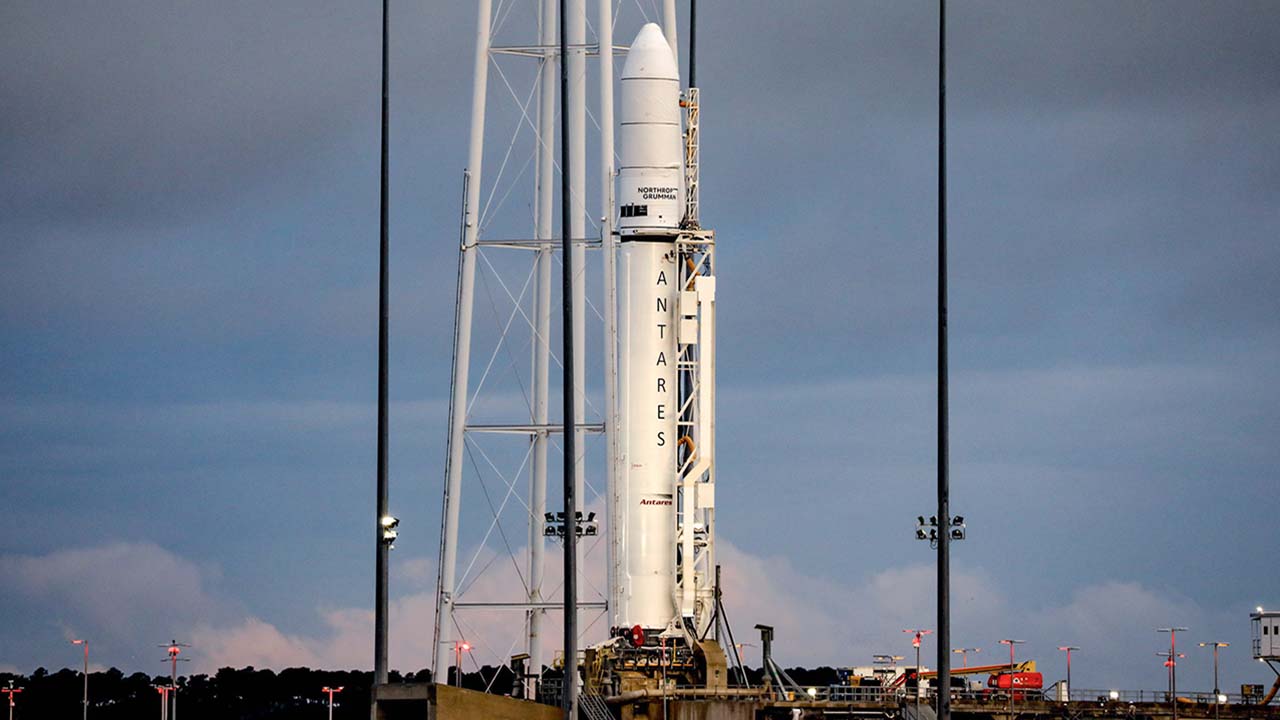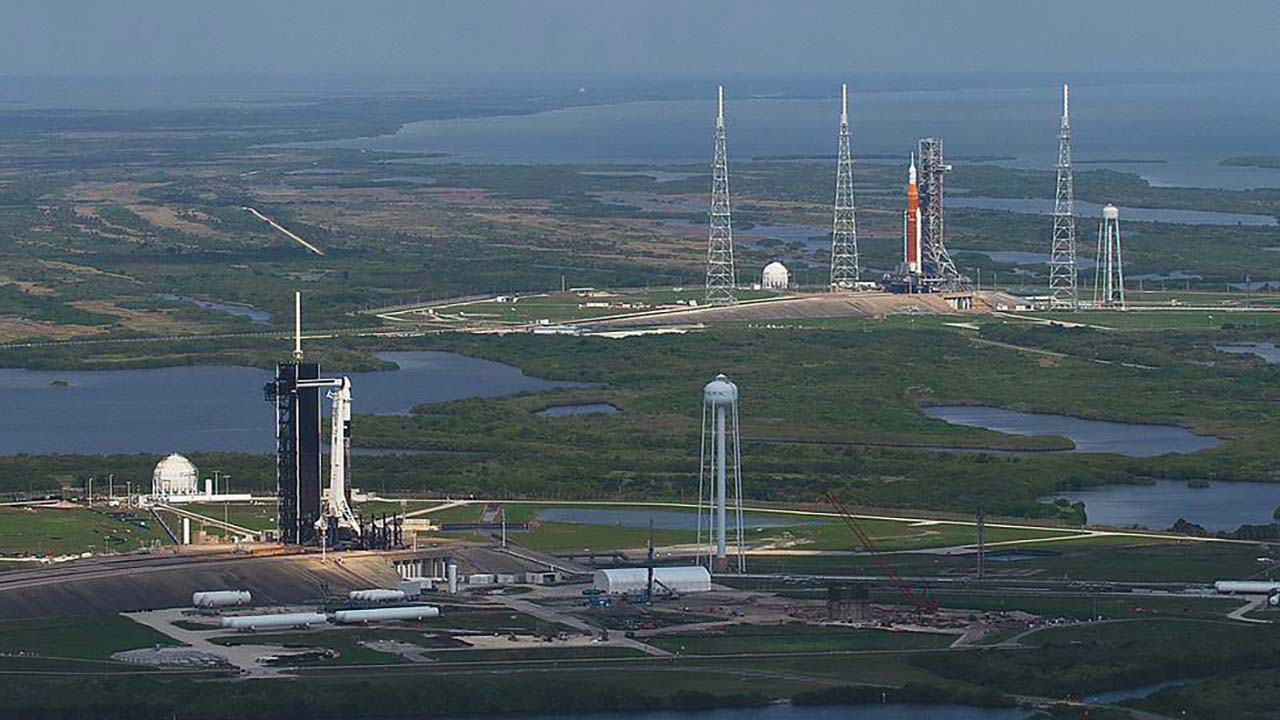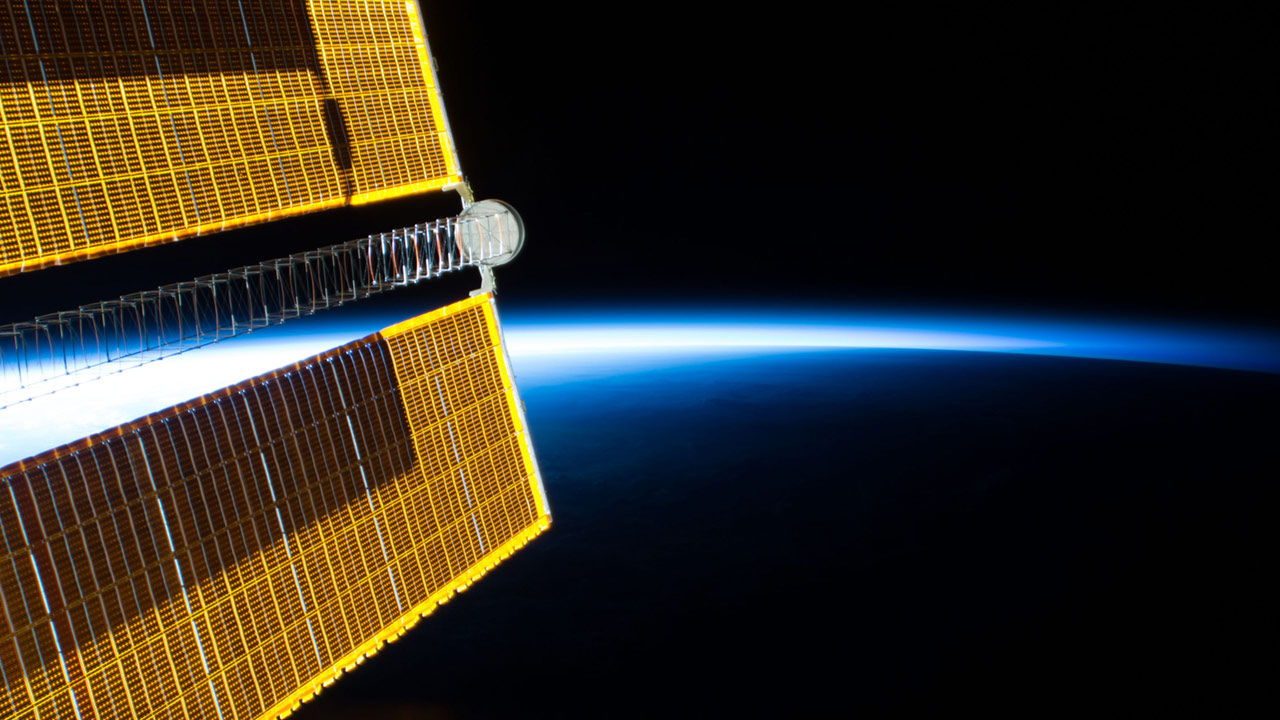KENNEDY SPACE CENTER (FL), February 16, 2022 – When Northrop Grumman’s upcoming 17th Commercial Resupply Services (CRS) mission launches to the International Space Station (ISS), it will carry the first-ever private-sector skin health experiment to be done on the orbiting laboratory. This investigation from PCA SKIN, a Colgate-Palmolive brand, will study the effects of microgravity on skin physiology.
Last year, Colgate-Palmolive sent another first to the ISS: the first oral health investigation to be done on station. That study sought to identify the molecular characteristics of a healthy and diseased oral microbiome (a microbial community composed of different bacterial species) through cultivated oral bacterial biofilms on enamel-type surfaces.
For the experiment launching on this mission, supported by ISS National Laboratory Commercial Service Provider BioServe Space Technologies, the team is sending live tissue samples engineered from skin to the ISS to examine how the skin is affected by the microgravity environment. Exposure to microgravity affects human physiology in multiple ways, including spurring the development of skin rashes and other irritations while in orbit. Additionally, astronauts have reported thinning of the skin after returning to Earth. Results from this investigation could help Colgate-Palmolive develop novel strategies for skin health management for consumers on Earth.
According to Laurence Du-Thumm, Colgate-Palmolive’s director of external technology innovation and R&D, the experiment will be set up in stages to study the effects of microgravity exposure on the engineered human skin. Multiple tissue sample sets frozen at specific time points will represent snapshots of the skin tissue’s molecular and physiological response (biomarkers) to the stress of the microgravity environment.
“We anticipate seeing earlier and more dramatic signs of tissue damage and perhaps activation of skin repair mechanisms—both indicative of skin aging—in the skin tissues in microgravity versus on Earth,” Du-Thumm said.
The researchers will analyze the tissue samples using gene sequencing to look for and identify specific biomarkers indicating tissue damage and skin repair.
“You can’t actually see the changes to the skin samples, visually, because the changes are happening at the molecular level,” Du-Thumm said. “You need sophisticated sequencing methods to detect the changes taking place and what’s causing them. This is why we’ll freeze the samples at different intervals and wait until they are back on Earth to conduct a detailed analysis and compare findings to those observed in our matching control experiment back on the ground.”
Observing changes in specific genes will better enable the research team to identify ways to help ease the effects of dry and damaged skin. According to Du-Thumm, treating dry skin is imperative; if left untreated, dry skin can lead to other issues—including increasing an individual’s susceptibility to cuts and bruises, skin rashes, and other skin problems.
“Your skin is your protective barrier, and when it’s compromised, that can lead to infections and other serious issues,” she said. “Astronauts put on a suit to go out into space, right? Well on Earth, your skin is your suit, and you need to protect it.”
Northrop Grumman CRS-17 is targeted for launch from Wallops Flight Facility no earlier than February 19 at 12:39 p.m. EST. This mission will include more than 15 ISS National Lab-sponsored payloads. To learn more about all ISS National Lab-sponsored research on Northrup Grumman CRS-17, please visit our mission overview page.
Media Contact:
Patrick O’Neill
904-806-0035
[email protected]
# # #
About the International Space Station (ISS) National Laboratory: The International Space Station (ISS) is a one-of-a-kind laboratory that enables research and technology development not possible on Earth. As a public service enterprise, the ISS National Lab allows researchers to leverage this multiuser facility to improve life on Earth, mature space-based business models, advance science literacy in the future workforce, and expand a sustainable and scalable market in low Earth orbit. Through this orbiting national laboratory, research resources on the ISS are available to support non-NASA science, technology and education initiatives from U.S. government agencies, academic institutions, and the private sector. The Center for the Advancement of Science in Space (CASIS) manages the ISS National Lab, under Cooperative Agreement with NASA, facilitating access to its permanent microgravity research environment, a powerful vantage point in low Earth orbit, and the extreme and varied conditions of space. To learn more about the ISS National Lab, visit www.ISSNationalLab.org.
# # #


